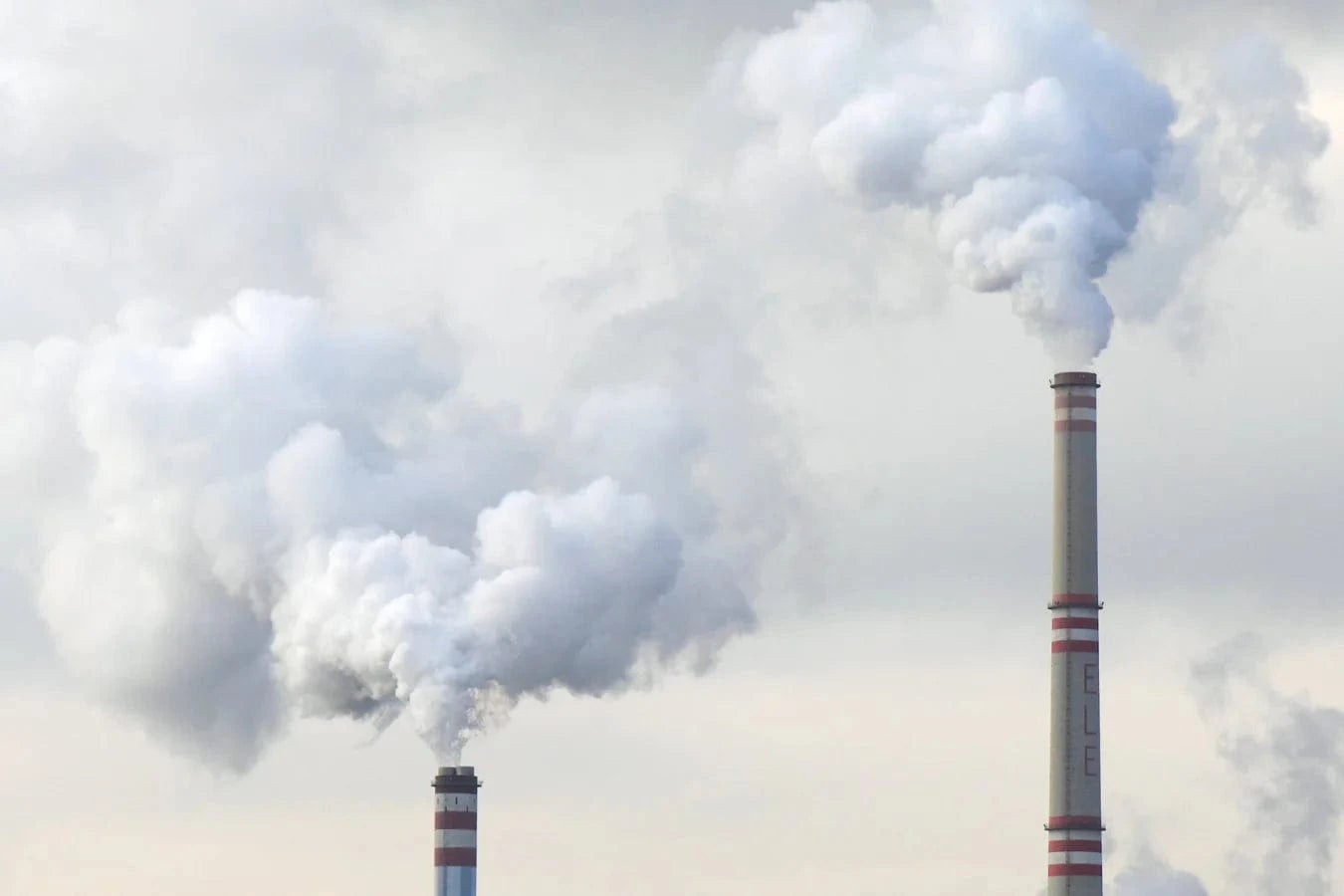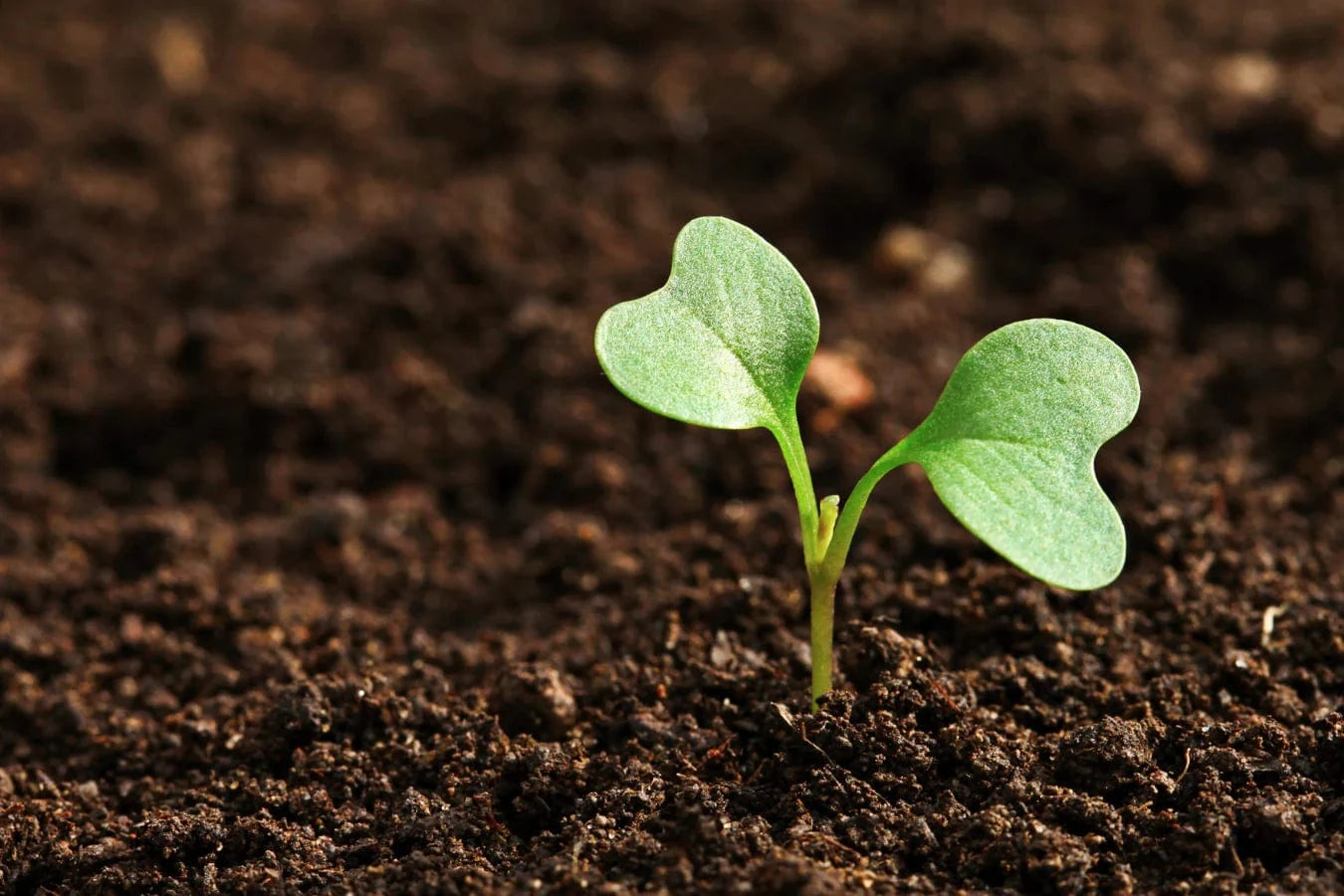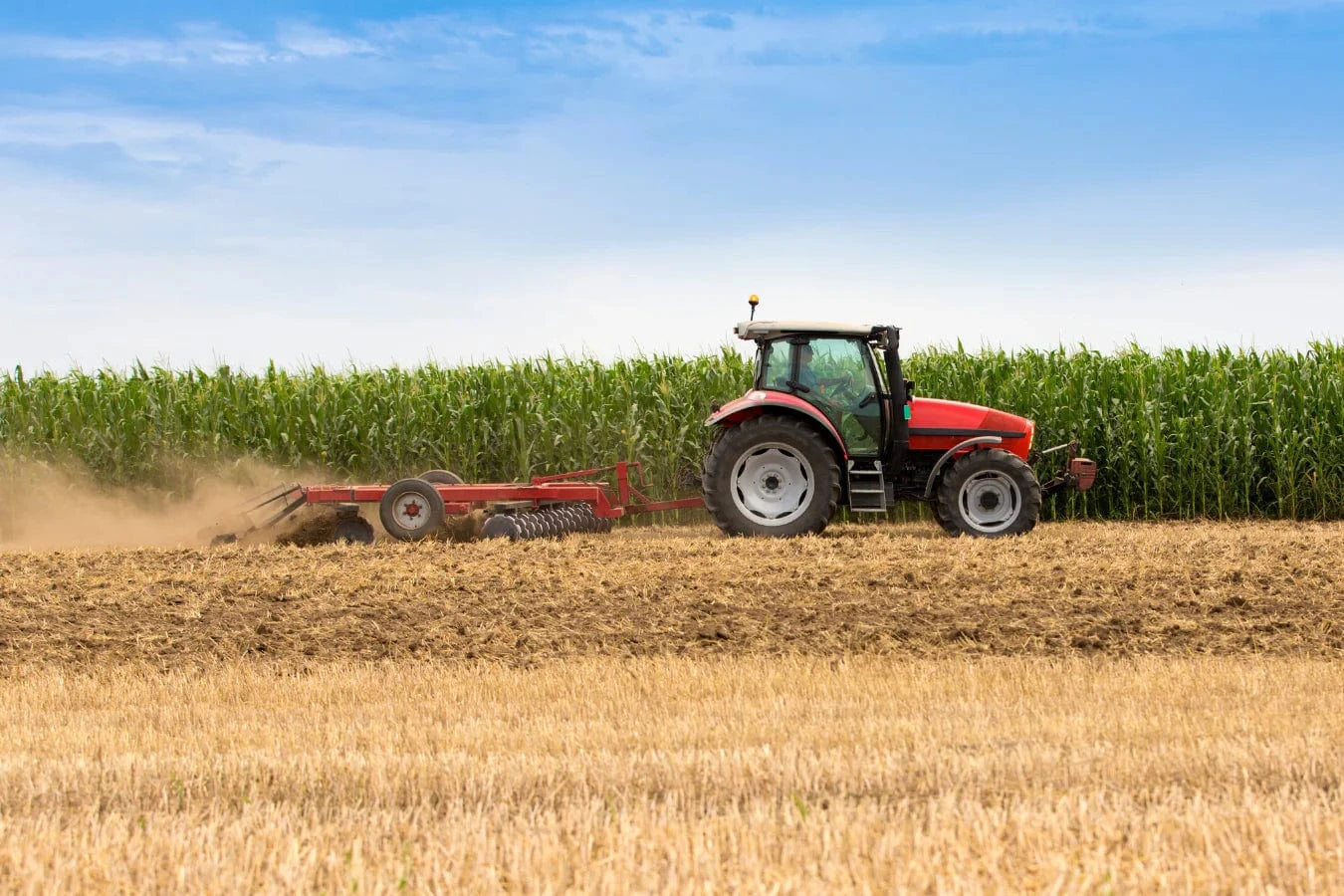
Click here to support reforestation
with your company.
Get news, updates, & event Info delivered right to your inbox:
What is Biochar?
Used for centuries in indigenous farming practices in the Amazon basin, biochar, also known as terra preta, is a type of charcoal that is created by heating organic materials, such as wood or agricultural waste, in the absence of oxygen. This process, known as pyrolysis, breaks down the organic material into a stable form of carbon that can be used for a variety of purposes.
In recent years, biochar has gained attention as a sustainable solution to various environmental and agricultural problems. In this blog we'll explore the environmental benefits of this amazing substance!

Environmental Benefits of Biochar:

1. Carbon Sequestration
Biochar has the potential to sequester carbon in the soil for hundreds or even thousands of years, helping to mitigate climate change.

2. Soil Improvement
Biochar can improve soil health by increasing soil fertility, water retention, and microbial activity. This can lead to higher crop yields and healthier plants.

3. Waste Management:
Biochar can be produced from a variety of organic waste materials, including crop residues, animal manure, and forestry residues. This helps divert these materials from landfills and reduces greenhouse gas emissions.

4. Energy source
Biochar can be used as a renewable energy source, either directly as a fuel or by gasification to produce syngas.

5. Water filtration
Biochar has been shown to be effective in removing contaminants from water, including heavy metals, organic pollutants, and pathogens.
Biochar has the potential to address many of the environmental and agricultural challenges we face today. By sequestering carbon in the soil, improving soil quality, and providing a sustainable waste management solution, biochar can help fight climate change, increase agricultural productivity, and protect natural resources.
Want to help clear the air but don’t have access to biochar? Plant trees today! Just one tree can help sequester about 22 lbs of CO2 annually, so you can breathe easy knowing you're doing your part to help fight climate change.
Click here to support reforestation
with your company.
Get news, updates, & event Info delivered right to your inbox:
Related Posts
Sustainable Diet Tips: How to Eat Healthy While Protecting the Planet
13/01/2026 by Meaghan Weeden
Agroforestry Explained: Principles, Benefits, and Case Studies
08/01/2026 by Meaghan Weeden
Plant Your Resolution: Making a Global Impact With The Grove
01/01/2026 by One Tree Planted
Popular On One Tree Planted
How to Reduce Waste: 21 Practical Zero Waste Tips for Everyday Living
23/12/2025 by Meaghan Weeden
Inspirational Quotes About Trees
16/12/2025 by Meaghan Weeden
The 9 Oldest, Tallest, and Biggest Trees in the World
11/12/2025 by One Tree Planted
Fundraising Disclosures

Be Part of the Restoration Movement
The Grove is more than just a monthly giving program: it's a vibrant community of individuals who are dedicated to reforestation and environmental restoration on a global scale.





